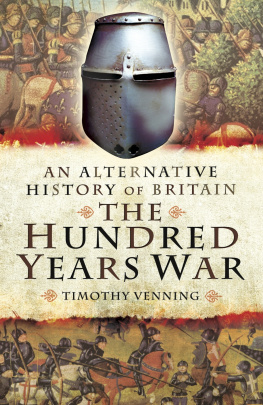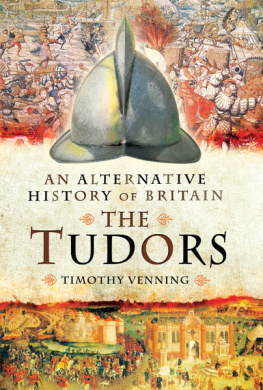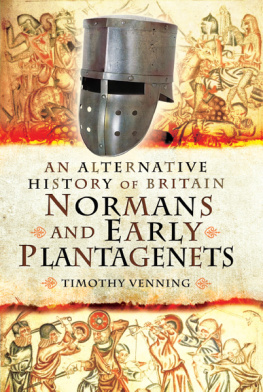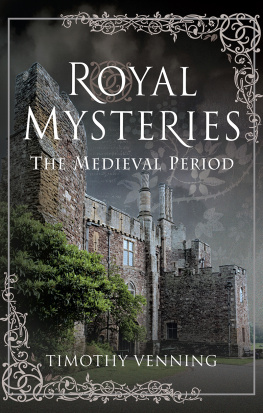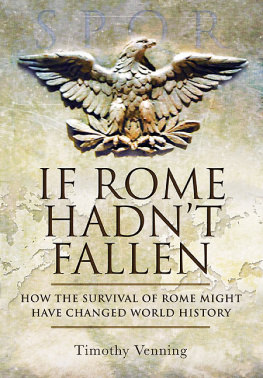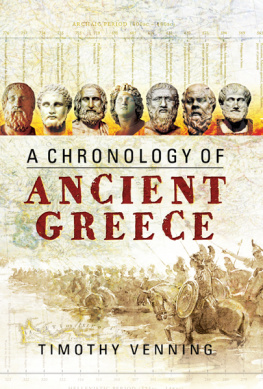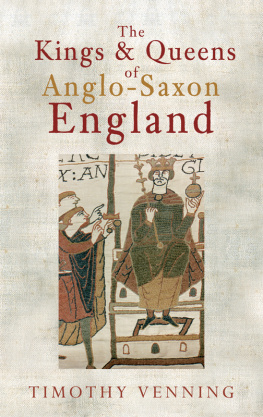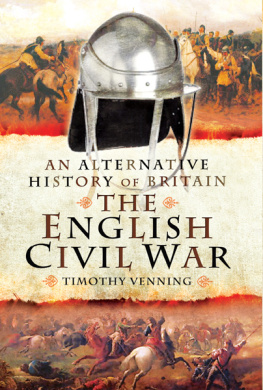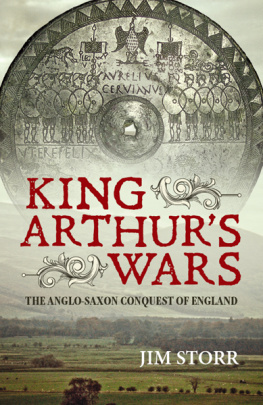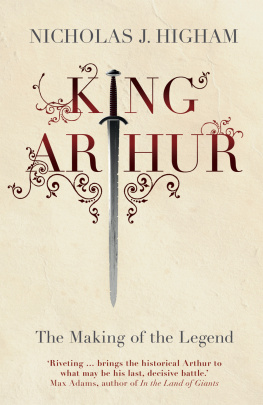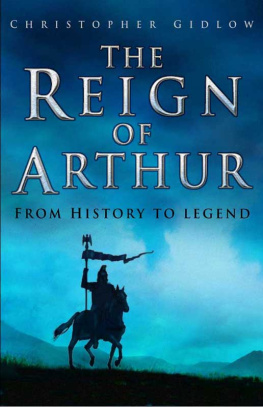First published in Great Britain in 2021 by
Pen & Sword History
An imprint of
Pen & Sword Books Ltd
Yorkshire - Philadelphia
Copyright Timothy Venning 2021
ISBN 978 1 52678 390 5
ePUB ISBN 978 1 52678 391 2
Mobi ISBN 978 1 52678 392 9
The right of Timothy Venning to be identified as Author of this work has been asserted by him in accordance with the Copyright, Designs and Patents Act 1988.
A CIP catalogue record for this book is available from the British Library.
All rights reserved. No part of this book may be reproduced or transmitted in any form or by any means, electronic or mechanical including photocopying, recording or by any information storage and retrieval system, without permission from the Publisher in writing.
Pen & Sword Books Limited incorporates the imprints of Atlas, Archaeology, Aviation, Discovery, Family History, Fiction, History, Maritime, Military, Military Classics, Politics, Select, Transport, True Crime, Air World, Frontline Publishing, Leo Cooper, Remember When, Seaforth Publishing, The Praetorian Press, Wharncliffe Local History, Wharncliffe Transport, Wharncliffe True Crime and White Owl.
For a complete list of Pen & Sword titles please contact
PEN & SWORD BOOKS LIMITED
47 Church Street, Barnsley, South Yorkshire, S70 2AS, England
E-mail:
Website: www.pen-and-sword.co.uk
Or
PEN AND SWORD BOOKS
1950 Lawrence Rd, Havertown, PA 19083, USA
E-mail:
Website: www.penandswordbooks.com
Introduction: The Need for King Arthur
T he Arthurian story, the Matter of Britain, has long exercised a fascination over writers and their public a career of over eight hundred years in the English imagination and longer in Wales. But it has equally been a matter of controversy among serious historians, who have been at odds with the literary romancers at least since the time around 1125 when the monastic chronicler William of Malmesbury was separating the real Arthur from the literary edifice created around him. Already at this point the implausibilities in the myths surrounding the warrior-king were being used to suggest that he had never existed. Unlike the parallel Matter of France surrounding the career and exploits of the late eighth-century Frankish hero-king Charles the Great, a.k.a. Charlemagne (crowned Emperor in 800), Arthur had no definitive place in the history and royal genealogies of his people. He had not founded a verifiable empire and long-lasting dynasty as Charles had done, and even his exact dates were uncertain. When he first emerged in the historical consciousness of the new Anglo-Norman kingdom of England in the early twelfth-century, romancers presented him as a ruler of Britain (and an ever-wider empire like Charles) in the period following the end of Roman rule in ad 410. Even in the context of Welsh oral and literary myth where he was a major figure from the ninth-century onwards, he was not given a precise geographical context or clear career as a fixed member of a prominent dynasty. He was a hero fighting monsters and Otherwordly foes in Welsh myth as well as in mediaeval knightly tales a fact which recent debunkers have enthusiastically latched onto.
Unlike France where Charles empire was the verifiable forerunner of the contemporary French kingdom and he was the ancestor of its kings, Arthurs Britain was separated from contemporary Britain by a gulf of time and culture. Not only was Arthur seen as ruling around 600 years before Williams time, 300 years before Charles, but his Britain had been a conglomerate of obscure post-Roman kingdoms subsequently conquered by the ancestors of the English. The Anglo-Saxon peoples conquered by the Normans in 1066, whose coming to Britain from north-west Germany in Arthurs time was chronicled by Bede in the 730s, had no political or cultural/ethnic connection to Arthur and his subjects, unlike the twelfth-century French had with Charles and his empire. Indeed, there was no mention of Arthur in Bedes meticulously detailed account of the foundation of the Anglo-Saxon kingdoms; details of his exploits in battle against the Anglo-Saxons had only survived in the patchy chronicles and later mythologizing of the conquered British. These peoples, referred to as the Welsh (foreigners) by the Anglo-Saxons, had not even spoken the same language as the Germanic incomers and were believed to have been driven out of what became England into the western hills of Cornwall and Wales. Bede was dimly aware of the British fight-back against the Anglo-Saxons, their leader Ambrosius Aurelianus, and their victory at Mount Badon; and the 820s Welsh Church writer Nennius was aware of the legendary wars of Hengest in fifth-century Kent. But no such common agreement as to perceived fact involved Arthur.
So the new Matter of Britain presented a major problem from its creation; its hero had fought against, not for, the ancestors of the majority of its readership in twelfth-century England. It was noticeable that English interest in Arthur only became apparent after the Norman Conquest, as the new Europe-wide literary culture of knightly chivalry (centred on France) took hold in England. Before 1066, the secular national literary culture in Anglo-Saxon England seems to have centred on heroic Germanic poetry on Northern Continental themes as with the epic of Beowulf, presented as a king of the Swedish Geats in the early sixth-century. Religious literary culture was centred on the foundation-myth of the English Church as transmitted by Bede a picture in which Christianity came to a pagan England from Papal Rome in 597 and there was no mention of post-Roman Christian Britain or its kings. Cultural contact with the actual political heirs of Arthurian Britain, the Welsh kingdoms of the West, was minimal and marked by incomprehension and hostility. Coincidentally or not, the Norman conquest of 1066 not only saw lowland Britains conquerors conquered in turn; it brought to England an important group of Breton lords and knights in Duke Williams train, from a people descended from British expatriates of Arthurs time who had settled in Brittany. Interest in Arthur and pre-Saxon Britain escalated under the new Norman kings and ruling class, not least as they launched a comprehensive conquest of lands in Wales which brought the new rulers and settlers of the March there into close contact with the Welsh. The first great fabulator of Arthurian stories in the twelfth-century, Geoffrey of Monmouth, came from this area of cultural mix and may have had Breton blood; and the other great twelfth-century creator of new Arthur stories in a contemporary setting, Chretien de Troyes, may also have had access to Breton legends in northern France.
Equally importantly, the idea of a powerful British king ruling over many sub-kings and in due course Continental lands was to answer the political needs of the Anglo-Norman kings of the early twelfth-century. The creation of a joint rule of the kingdom of England with his ancestral Duchy of Normandy in 1106 brought Henry I a realm straddling the Channel and the first beginnings of a Continental dominion which was to endure until the loss of Calais in 1558. The Duke of Normandy (and later the Count of Anjou and Duke of Aquitaine), the English kings Continental titles, remained titular vassals of the King of France, descendant of Emperor Charles. Creating the idea of an equally powerful and wide-ruling ancestor for the English Kings to match Charles was a valuable asset, even if it so happened that Arthur was not English at all. Equally, in linguistic terms he was not unambiguously a King to the first Welsh writers to mention him. e.g. Nennius c.829. The use of this term to denote sovereignty was Germanic and only came into existence after the Anglo-Saxon political and linguistic takeover of his realm. Assuming that he had had royal status at all (which the Welsh literary sources left ambiguous), his royal title would have been expressed in Latin or a British language and in fourth/fifth-century Late Roman terminology.




